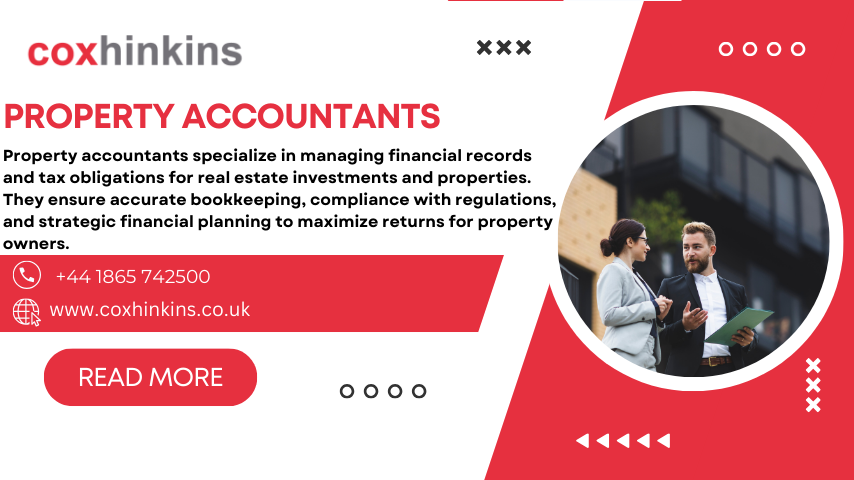Effective rental property management is essential for maximizing returns and ensuring the long-term sustainability of your investment. Property accountants play a crucial role in this process, providing expertise that goes beyond basic bookkeeping. Here’s how property accountants help in effective rental property management.
1. Financial Planning and Budgeting
A property accountant assists in creating a detailed financial plan and budget for your rental properties. They analyze income and expenses, forecast future financial needs, and help set realistic financial goals. By keeping a close eye on cash flow, property accountants ensure that there are no surprises, and you are always prepared for maintenance, repairs, and other expenses.
2. Tax Management
One of the most significant advantages of hiring a property accountant is their expertise in tax management. They stay updated on the latest tax laws and regulations, ensuring compliance and helping you take advantage of deductions and credits specific to rental properties. Effective tax management can result in substantial savings and prevent costly penalties.
3. Rent Collection and Expense Tracking
Property accountants streamline the rent collection process, ensuring timely deposits and accurate record-keeping. They also track expenses meticulously, categorizing them appropriately to provide a clear picture of your property’s financial health. This detailed tracking helps in identifying trends, managing costs, and making informed financial decisions.
4. Financial Reporting
Regular financial reporting is vital for effective property management. Property accountants generate comprehensive reports, including profit and loss statements, balance sheets, and cash flow statements. These reports provide valuable insights into your property's performance, helping you identify areas for improvement and make strategic decisions.
5. Budget Variance Analysis
Property accountants perform budget variance analysis, comparing actual financial performance against the budget. This analysis highlights discrepancies and allows for corrective actions. It helps in understanding why certain expenses exceeded the budget or why income was lower than expected, enabling better financial control.
6. Risk Management
Managing rental properties involves various risks, from market fluctuations to unexpected repairs. Property accountants help mitigate these risks by advising on insurance needs, setting aside reserves for emergencies, and providing financial strategies to cushion against economic downturns.
7. Enhancing Property Value
By managing finances effectively, property accountants contribute to enhancing the overall value of your rental properties. They help in identifying profitable investment opportunities, suggest improvements that can increase property value, and ensure that your financial practices align with long-term growth objectives.
Conclusion
In conclusion, property accountants are indispensable for effective rental property management. Their expertise in financial planning, tax management, rent collection, expense tracking, financial reporting, budget variance analysis, risk management, and property value enhancement ensures that your rental properties are not only well-managed but also positioned for sustainable growth and profitability. By leveraging the skills of a property accountant, property owners can focus on other aspects of their investments, knowing that their financial health is in capable hands.





Comments